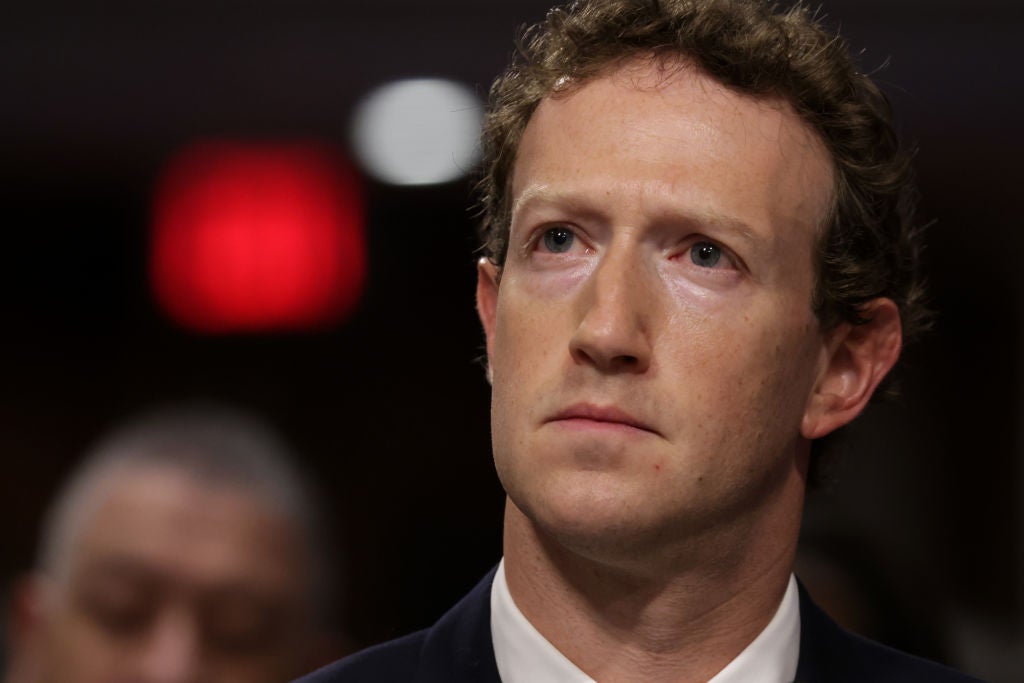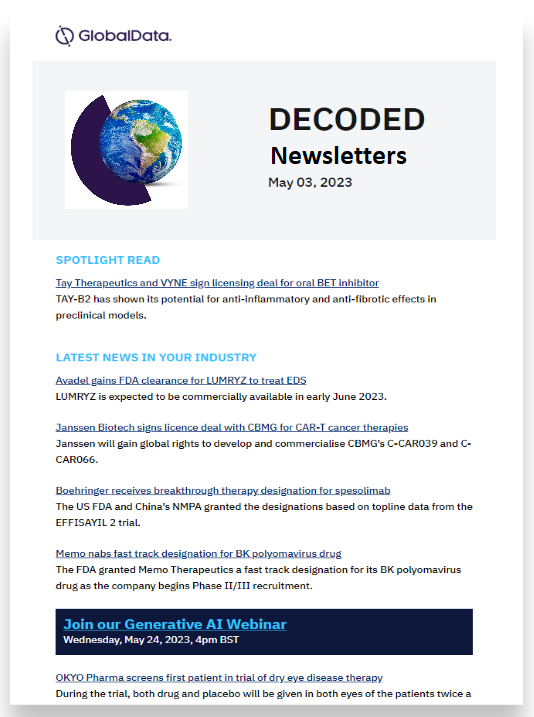
Explorer DECODED
Previous edition: 29 Apr 2024
Share article
Get the full version straight to your inbox.
Exclusive access to our best-in-class data & intelligence
Subscribe now
1 in 3 UK BNPL users struggle as payments spiral
An estimated 14 million UK consumers have used the various buy now pay later (BNPL) offerings in the market. They each come with different payments structures and carry varying levels of complexity. Is this lack of consistency and the lack of BNPL regulation contributing to consumers struggling to manage BNPL debt repayment?

According to research from TotallyMoney, the average BNPL users makes four transactions per month. This results in 12 separate payments for the typical ‘pay in three’ plan.
With payment structures varying between providers, a customer could see the same 4 purchases generate up to 24 separate payments with another leading BNPL firm. This would mean that 52 purchases could generate 312 payments in 12 months.
Buying is easy, but a third struggle to track payments
“A YouGov survey found that a third (34.2%) of BNPL customers had difficulty in keeping track of their payments. Moreover, a quarter (25.2%) lacked confidence in their understanding of buy now pay later,” said TotallyMoney CEO, Alastair Douglas.
BNPL providers offer interest-free, instalment-based payment plans for purchases at checkout when shopping online. One consistent theme across the sector is BNPL providers promising merchants and vendors an increase in sales. This increase in sales helps justify the higher merchant fees, typically around 4% to 6%, that apply to BNPL transactions.
Total UK BNPL debts hit £2.7bn
“It’s estimated that 3.1 million households have outstanding BNPL debts, with a mean balance of £866, a total of £2.7bn.
Missed payments might not only leave a mark on an individual’s credit file. They can also result in fees charged by BNPL lenders for late payment. People in persistent arrears may be referred to debt collectors. StepChange estimates that one in 10 BNPL borrowers are referred to debt collection agencies, “added Douglas.
With traditional lenders tightening their lending, buy now pay later has, for many consumers, helped plug the gap.
Says Douglas: “Offering interest-free payment plans, split over a set period of weeks or months, BNPL lets customers spread the cost of a purchase without needing to pass any affordability or credit checks. BNPL won’t help a customer grow their credit score. But missed payments can show up on credit files, impacting people's ability to borrow in future.
But as BNPL is designed to encourage customers to spend more, does it promote responsible use? Or, does splitting payments over a few weeks offer fair value to the 8 in 10 people being paid monthly?
UK government drags its heels on regulating BNPL
“Managing debt repayments can be stressful enough. It’s clear that regularly using BNPL can lead to dozens of transactions every month, making it even harder to manage. And one in three people struggle to keep track of their payments.
“BNPL users are more likely to be younger, renting, and on lower incomes, with reduced financial resilience, and making them more likely to be financially vulnerable. The government has dragged its heels on buy now pay later, having announced its intention to regulate the sector more than three years ago. But as we wait for action, perhaps they just see it as a job for after the next election, or party.”
Latest news

Elliott picks $1bn stake in Anglo American
The acquisition comes after Anglo American rejected BHP’s $38.8bn (A$59.17bn) buyout proposal.

Amazon faces legal challenge from GMB over workers' rights
The legal action allows workers to contest Amazon’s efforts to dissuade them from upholding their trade union.

Does Meta's AI pivot signal a wider abandonment of the metaverse?
Meta committed to increasing AI spending in 2024 to between $35-40bn in its earnings call on Thursday (24 April), which saw the company's share price drop 15%. The move highlighted Meta's commitment to generative AI and firmly signalled its pivot from its all-metaverse focus of the last few years.

Pfizer receives FDA approval for haemophilia B gene therapy
The rare genetic disorder is characterised by insufficient blood clotting due to a deficiency in factor IX, leading to prolonged and more frequent bleeding.

Work begins on SIDC project in Philippines
The Philippines’ Department of Public Works and Highways (DPWH) has commenced civil works for the deep foundations of the Samal Island-Davao City Connector (SIDC) project.

Chevron net income dips 16% to $5.5bn in Q1
For the quarter ended 31 March 2024, total revenues and other income declined to $48.71bn from $50.79bn in the corresponding quarter of 2023.

Aon attributable net income rises 2% to $1.07bn in Q1
Aon has reported net income attributable to shareholders of $1.07bn for the first quarter (Q1) of 2024, up 2% from $1.05bn a year ago.

China urges Japan to take a U-turn on its militarisation drive
China has criticised Japan's military expansion and newly published Diplomatic Bluebook, dismissing the view that China is a strategic threat.

China offers new incentives to drive sales
Domestic vehicle market estimated to have expanded 6% to 5.4m units in the first three months of 2024

Will China rise again as Australia's number one wine-export market?
“The China wine market is unlikely to boom again any time soon. However, we continue to see avid interest in imported wine” – Ian Ford, Nimbility.
In our previous edition

Explorer Decoded
ING's DealWise shows the potential for ‘beyond banking' features in generating growth
26 Apr 2024

Explorer Decoded
Trustly unveils major move to guarantee growth for European businesses
24 Apr 2024

Explorer Decoded
UK retail sales remain flat in March 2024 despite easing inflation
22 Apr 2024
Newsletters in other sectors
Aerospace, Defence & Security
Banking & Payments
Construction
Medical Devices
Travel and Tourism
Search companies, themes, reports, as well as actionable data & insights spanning 22 global industries
Access more premium companies when you subscribe to Explorer


